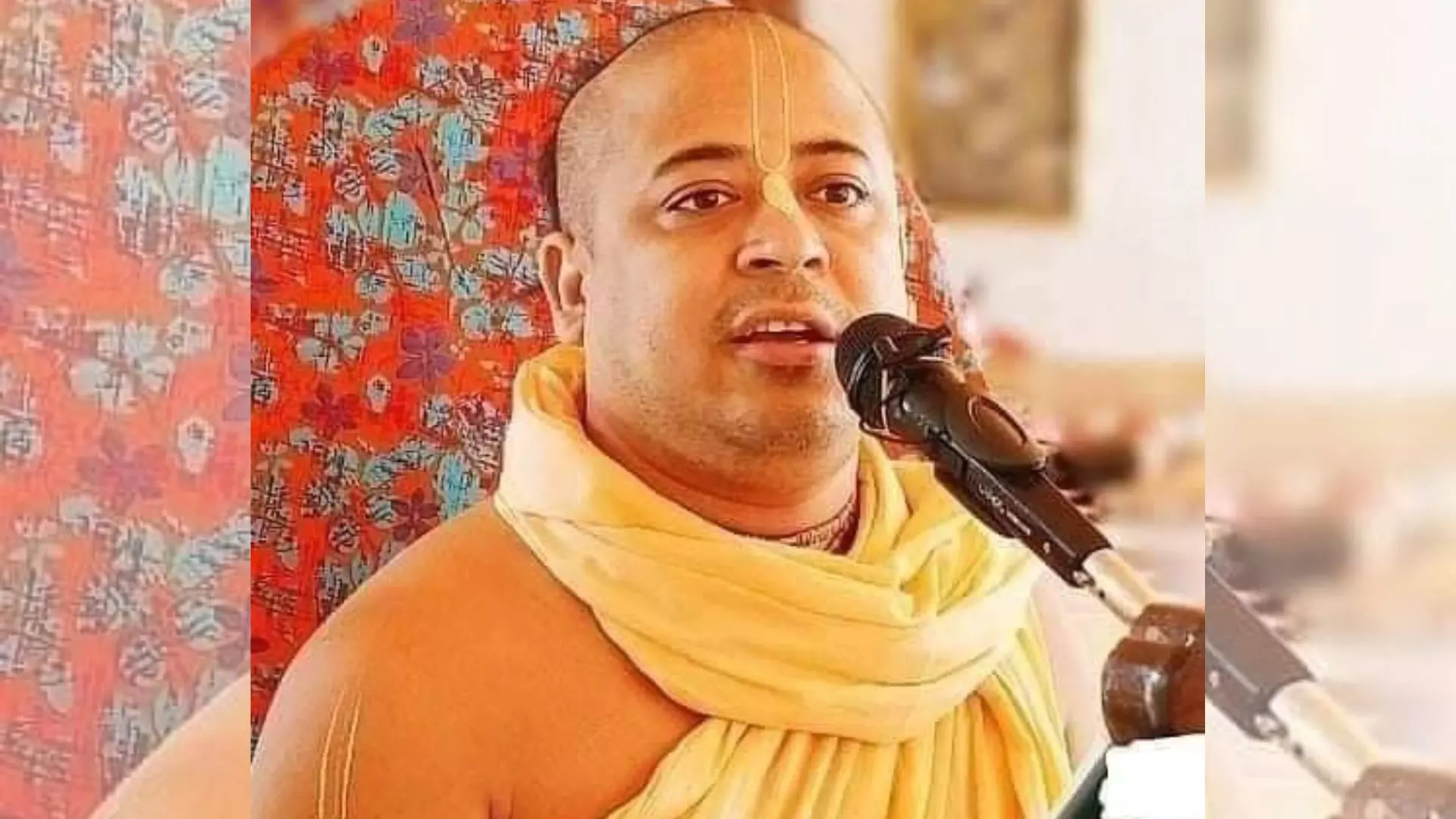AA Edit | Bangladesh must stop targeting of minorities
Rising violence against minorities in Bangladesh, following the arrest of monk Chinmoy Krishna Das, raises concerns globally

The situation in Bangladesh is far from satisfactory as far as members of the Hindu, Christian and Buddhist minorities are concerned. Protests that broke out in the wake of the arrest of the monk Chinmoy Krishna Das have exacerbated the situation so much as to have added at least one more death, that of a lawyer in court.
Bangladeshi Hindus are particularly vulnerable as they are considered easy targets whenever the Awami League party has lost elections in that country. The arrest of the monk who is also an activist of a minority rights group even led to the administration seeking a ban on ISKCON, the international religious Hindu sect, but which the courts have thus far declined to rule as legal or warranted.
Concerns have been raised over the volatile atmosphere prevalent in Bangladesh after the fall of the Sheikh Hasina government and her flight to safety in India. Human rights groups, which had recorded 3,679 attacks on minorities between 2013 and 2021, have counted at least 2,000 incidents of violence and the deaths of at least nine members of minorities at the hands of Islamist mobs this year.
Muslim youths have also been known to have shielded many of their Hindu brethren during the height of the disquiet that led to the ousting of Sheikh Hasina, showing that humanity prevails when it comes to life in communities. Even so, the atmosphere is not such that the two crore people belonging to the religious minorities are living with peace of mind.
Temples, churches and shrines, besides mosques of the Ahmadiyya community, have been burnt and Hindu and Ahmadiyya houses ransacked this year as they had been specifically targeted for being seen as supporters of the Awami League.
India’s external affairs minister had given voice to his anxieties while briefing Prime Minister Narendra Modi on the latest incidents after the monk’s arrest and may have conveyed the same to both Houses, too, if Parliament had not been disrupted due to other hot button issues grabbing national attention.
UK MPs, US lawmakers, including President-elect Donald Trump, and Sheikh Hasina have similarly expressed their concerns over the treatment of minorities, especially Hindus in Bangladesh. But the government’s response thus far has only been to deny and, in fact, expressed dismay over India voicing its concerns in strong terms.
Ever since a micro-finance banker was parachuted into Bangladesh to run its affairs as chief adviser of an interim government on Sheikh Hasina’s departure, the breakdown of law and order has been a feature as majoritarian mobs have been given the licence to go on the rampage, pillaging, terrorising and even blackmailing members of the minority communities.
While the law must be considered capable of deciding on the issue of how the monk who defends human rights and cajoles people to protest is to be treated, the Bangladesh government cannot afford to allow the discriminatory treatment of minorities as second-class citizens, even if the same charge could be made of many regions of the world, particularly in an arc comprising West Asia and Asia.
There is little that the Bangladesh administration seems capable of controlling against the dominance of Islamist fundamentalism of such groups as the Jamiat even as India phobia seems to be spreading fast. As very little direct diplomatic communication seems to be on between India and Bangladesh, the Indian government may do well to use intermediary nations to ensure its protests reach the ears of those who are supposed to be governing Bangladesh now.
